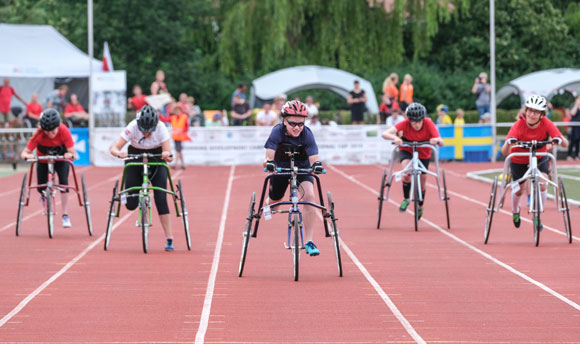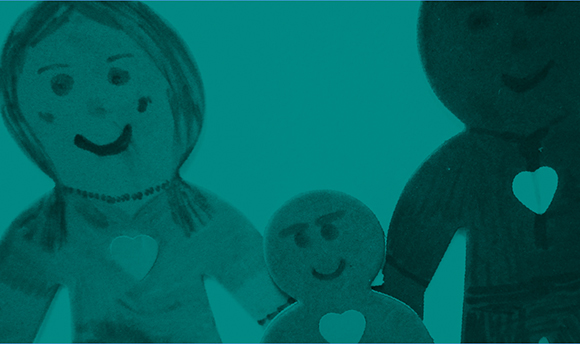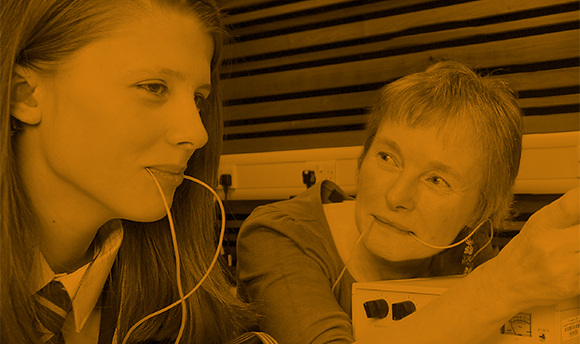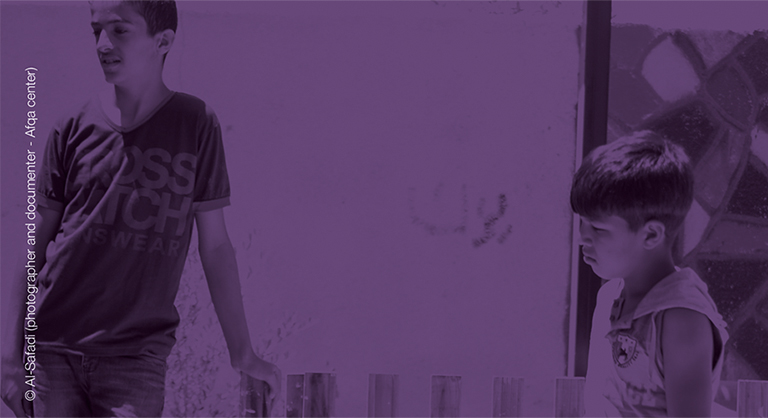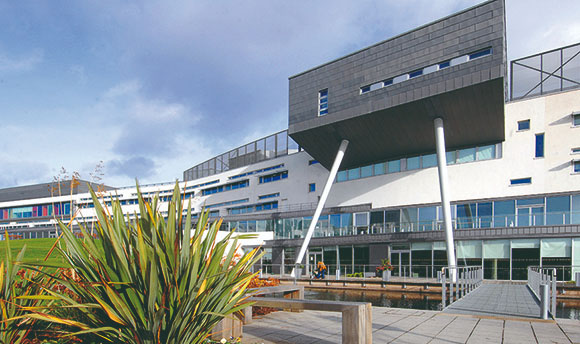CLN2 School Reports Project Funding
- Projects
- Where might this research lead?
- How will the funding help you?
- Useful Contacts
For those affected by the paediatric neurodegenerative disease referred to as CLN2 Batten disease, research support has been provided in the fields of genetics, paediatric neurology, and pharmacology. This has contributed to our understanding of CLN2 and the production of the enzyme replacement therapy (ERT), Brineura. However, despite these advancements, no qualitative research has been completed to help us understand the lived experiences of treated or untreated children, or their families. This gap in the research significantly limiting the ability of families, health systems, and their supporters to advocate for equitable access to services, and relevant and dignified care. To help eliminate this gap, this study will be the first to assess the utility of an existing real-world data set (i.e. annual school reports) from among the approximately 40 children living with CLN2 in the UK. An optional questionnaire will also aim to compare system-reported data to that reported by care-givers
For those affected by the paediatric neurodegenerative disease referred to as CLN2 Batten disease, research support has been provided in the fields of genetics, paediatric neurology, and pharmacology. This has contributed to our understanding of CLN2 and the production of the enzyme replacement therapy (ERT), Brineura. However, despite these advancements, no qualitative research has been completed to help us understand the lived experiences of treated or untreated children, or their families. This gap in the research significantly limiting the ability of families, health systems, and their supporters to advocate for equitable access to services, and relevant and dignified care. To help eliminate this gap, this study will be the first to assess the utility of an existing real-world data set (i.e. annual school reports) from among the approximately 40 children living with CLN2 in the UK. An optional questionnaire will also aim to compare system-reported data to that reported by care-givers. Ultimately, these methods will aim to determine the feasibility of this data set for use in further studies. Potentially providing a unique view on the impact of CLN2 on the lives of children and their families, how different demographic groups may be effected, and any identifiable differences among treated and untreated children. The results of this study to be shared for the benefit of future CLN2 research, care practices, and social support; and to the dearth of qualitative evidence in paediatric neurodegenerative disease.
The Covid-19 pandemic has had an unavoidable impact on this study, as families affected by CLN2 are disproportionately disadvantaged. At the start of the crisis, many families isolated their children before official closures due to concerns over their significant vulnerabilities. Many also face difficulties traveling to London to access the complex infrastructure of support families once relied on, including their ERT and other therapies, respite, and hospice. Consequently, families have consistently reported high levels of stress and exhaustion throughout the year.
The SRC funding provides the support needed to maintain its integrity and for families to participate despite these challenges. This includes changes to its methods to account for the unique effects of school closures on the data set, additional time to consider any voluntary care-giver reflections on their experiences during the pandemic, a £50 reimbursement to account for recent hardships, and to ensure accessibility for a newly identified family.
Contact Dr. Brendan McCormack, Amanda I. Di Rosa, and Kristina Mountain
Division: Nursing, Centre for Person Centred Practice Research
Staff Profiles
